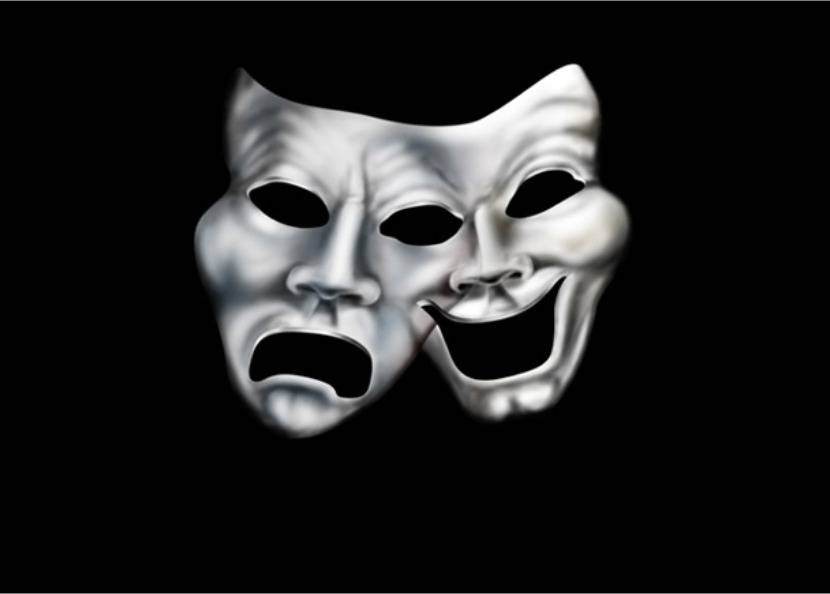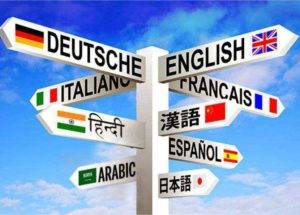The Influence of Theatre over Society

The Influence of Theatre over Society: Theatre now is any performance that showcases some play story or poem live on stage. However, it also exerts a great influence on people and society in general. To understand theatre’s role in influencing society, we must first understand where it came from and how it evolved.
The History of Theatre:
Theatre as an art form has been around since 6th century BC, when Athenians first performed song and dance to portray a particular story or poem for an audience. Back in those days, all theatre had a ritualistic leaning but gradually as the popularity increased and societies developed to be more complex and in need of variety in life, theatre developed to be merrier, colourful and visually pleasing. They also started performing more complex stories, comedies and tragedies and all manners of poems. Then theatre used masks to signify emotion and most of the dialogue was sung. If you were a Greek citizen it would be mandatory for you to participate in plays even as a humble audience member, for it was a way of participating in society itself. This was the power that theatre exercised over the Greek society; it made one a proper part of the Grecian society. Even now, though Ancient Greek societies are no more and the theatre itself has evolved to encompass more spheres, Athenian tragedies still remain behind as masterpieces.
With the late Middle Ages came a revolution in European drama, which till then was a pale imitation of the Greek form of drama and much inferior. However, as art was allowed to flourish in the Late Middle Ages, stories became more complex and were often of religious colours, however, there were also a number of secular plays as well that were staged during this time. The religious plays were staged to showcase to the audience the importance of morality and to show them their own sins as well as the importance of the Church, which was all-powerful at that point in time. The secular ones were for entertainment and to sow the seeds of thought in the audience, to open up a broader world to them, where religion did not take centre stage.
Of course, as time progressed several playwrights such as Shakespeare, Christopher Marlowe, and later Oscar Wilde captured the world’s audience with their brilliantly woven storylines and vivid characters, often challenging societal norms veiled or outright.
The Role of Theatre:
The role of theatre is expansive and as with any other visual media of entertainment, it is an excellent and much more direct form of questioning what is felt wrong with the society. It shapes the perspective of many people just as with any other medium and is very good means of entertainment as well. In its modern form theatre still stages the masterpieces of old writers such as “The Bard” himself, whose writings still remain relevant today. However, theatre is not a form of rebellion, but a form of scrutiny of the laws and rules of society itself and as of old today, the audience is the one that is influenced to question and form their own principles at the end of all of it.














